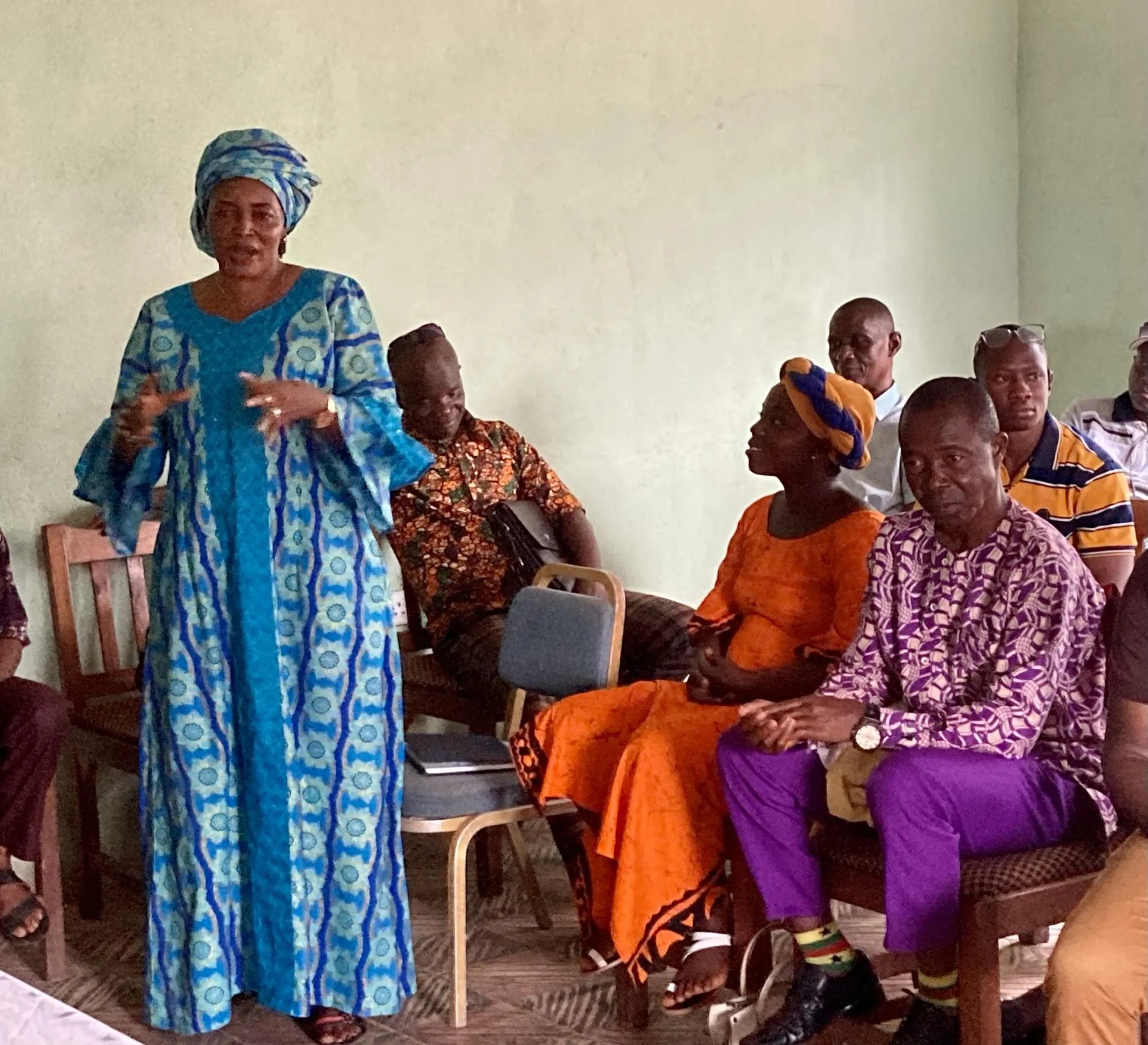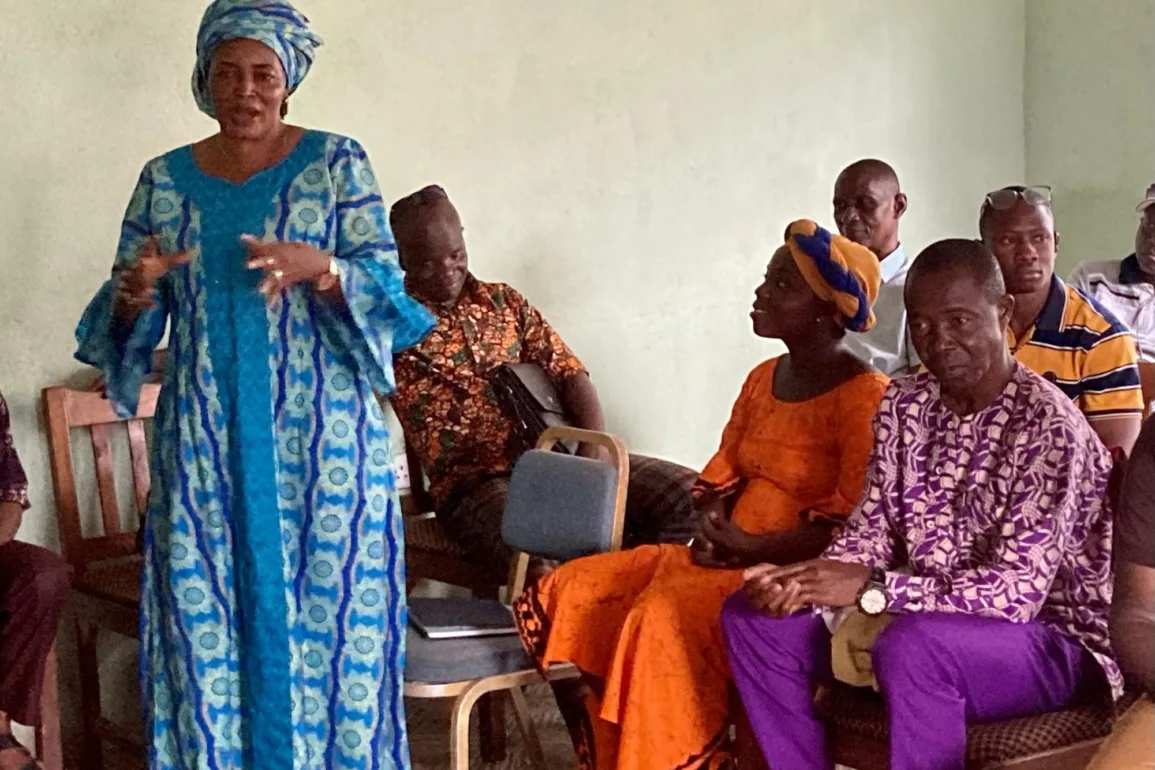
This summer, I had the privilege of working with a non-profit organization called Media Matters for Women. As I closely followed Sierra Leone’s June 2023 elections, I learned the political and social intricacies of the nation. This gave me a unique perspective through which to analyze and compare the social inequities that continue to be faced by people in Sierra Leone to those in the United States as a result of recent legal and political changes. In both countries, the erosion of women’s rights and increased democratic backsliding have had dire effects on the wellbeing of everyday people.
Despite its small size, the West African country of Sierra Leone has had no shortage of issues — especially when it comes to the rights of women and girls. According to relief organization Cordaid, almost 30% of girls in Sierra Leone between the ages of 15 and 19 give birth each year, due in no small part to lack of access to sexual education. Despite these staggering numbers, political figures have not worked to increase access to abortion care. According to UNICEF, rates of maternal and infant mortality in Sierra Leone are some of the highest in the world. Bills legalizing abortion or government funding supporting safe abortion may not change these rates overnight, but they would certainly help decrease dangerous pregnancies, which, according to the Washington Post, is every 1 in 20 pregnancies.
These same policies had a similarly vital impact in the United States until just more than a year ago, when the Supreme Court overturned Roe v. Wade and Planned Parenthood of Southeastern Pennsylvania v. Casey. By overturning these cases, the Court cleared the way for several states across the country to outlaw abortion. In these states, much like Sierra Leone, where the majority of legislators do not financially or ideologically support safe abortion, rates of teen pregnancy and maternal and infant mortality are higher than those with abortion care, and rates of high school graduates and college attendants are lower, writes the research group Child Trends. Moreover, rates of maternal death for Black women have increased by up to 33%, says the advocacy network Social Current. The repeal of Roe v. Wade has since had momentous implications for the rights and wellbeing of American women, just as similar policies have endangered the women of Sierra Leone.
Both Sierra Leone and the United States have also had issues with the erosion of democratic norms. The June 2023 Sierra Leone elections, which led to violence and political unrest, closely mirrored the 2020 U.S. elections. Upon Joe Biden’s win of the 2020 election, former President Donald Trump made history by being the first losing candidate to not accept the results, even alleging the election had been rigged. Similarly, Sierra Leone President Julius Bio declared himself the winner of the 2023 election before the results were officially announced. This was followed by rumors of election rigging, limited voting access and finally, political violence, similar to the Jan. 6 insurrection in the U.S. Capitol.
Story continues below advertisement
The difference between the Jan. 6 insurrection and Sierra Leone’s political violence is that one happened in a centuries-old nation founded upon the concept of democracy, and the other in a country where the political structure was built only 21 years ago in the aftermath of a civil war. While Sierra Leone, because of its history, may be more prone to lasting damage and corruption, the writing is on the wall for the United States.
Sierra Leone is filled with joyous people and a lively culture but is still a resource-poor country that most Americans would consider much different than the “land of the free and the home of the brave.” However, there are similarities between the “greatest country in the world” and Sierra Leone. No country wants low education rates or high infant and maternal mortality rates. However, at the moment, according to the Washington Post and Child Trends, these issues are real and on the rise in both nations.
Sierra Leone’s recent elections act as a kind of mirror, through which it is clear to see that America is in a challenging position politically and socially. Taking away access to abortion and denying election results will not “Make America Great Again” (whatever that means). To this end, efforts from the American politic to advocate for the maintenance of bodily autonomy, including access to abortion, may greatly aid in the reduction of these issues. Sierra Leone is in a more perilous position, as poor education systems and lack of access to healthcare are large elements of their country. However, countries like the United States are resource heavy and are better equipped to uphold these systems of educational and medical health — that is a responsibility our leaders should take seriously.


